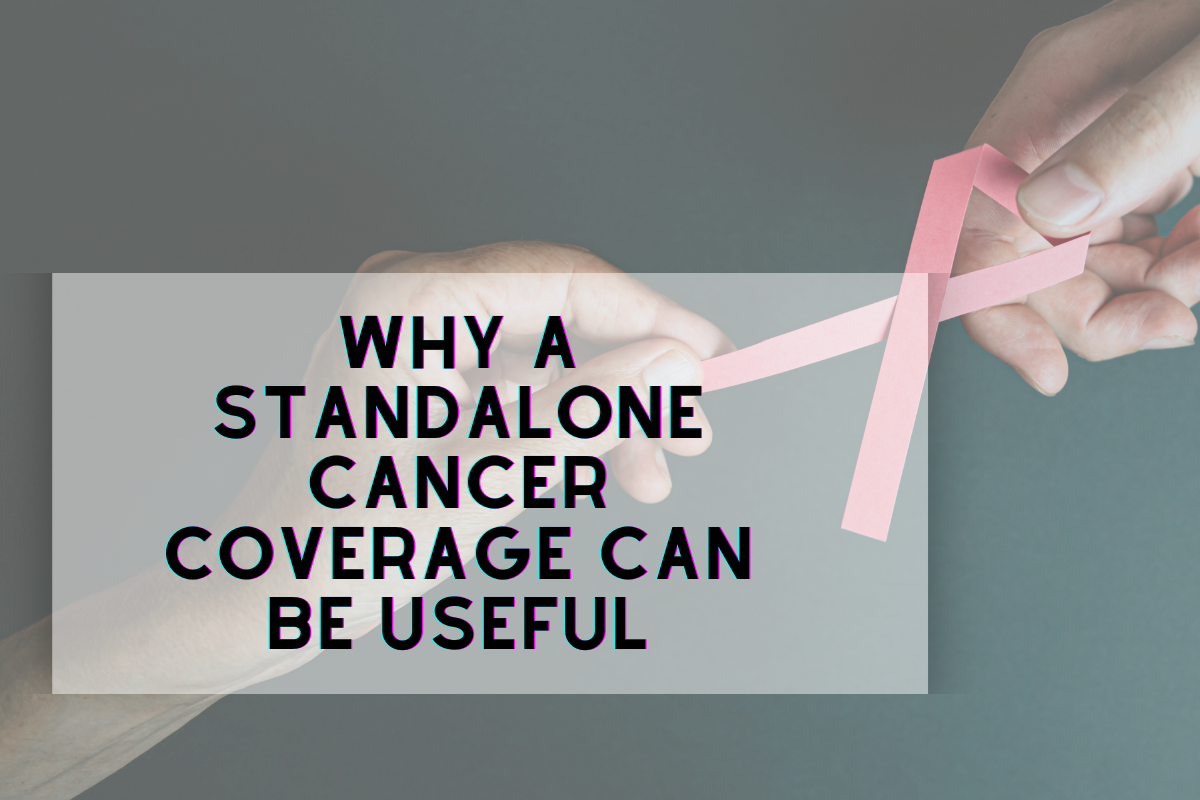
Why a Standalone Cancer Coverage Can Be Useful
Cancer diagnosis is becoming increasingly common, with 1 in 4 Singaporeans expected to be diagnosed with cancer in their lifetime. The financial implications of such a diagnosis can be overwhelming, making cancer insurance a vital consideration.
Based on the most recent MOH report, the incidence of cancer increased the most quickly in people under the age of 50 years, especially those in the 30-39 year-old bracket.

As I reflect on the importance of having specialized insurance, it becomes clear that a standalone cancer coverage provides financial protection against the high costs associated with cancer treatment. This type of insurance can be a useful addition to one’s insurance portfolio, ensuring that you are better equipped to handle the financial burdens that come with a cancer diagnosis.
Having this specific type of coverage can alleviate some of the financial stress, allowing you to focus on recovery rather than worrying about the costs. It’s essential to understand the benefits of standalone cancer coverage and how it can support you during challenging times.
The Rising Threat of Cancer in Singapore
The prevalence of cancer in Singapore has been on the rise, posing a substantial threat to public health. As a result, understanding the most common types of cancer and their impact on the population is crucial.
Most Common Cancer Types in Singaporeans
Colorectal, breast, prostate and lung cancers are among the most common types affecting Singaporeans. These cancers require extensive treatment, often resulting in significant medical expenses.
Survival Rates and Treatment Success
Advances in medical technology and treatment options have led to improved survival rates for many cancer patients. However, the cost of treatment remains a significant burden for many individuals and families.
The distinction between public and private healthcare costs is crucial in understanding the financial strain on individuals. Private healthcare costs can be substantially higher, making it essential to consider additional coverage options.
Impact on National Healthcare System
The rising incidence of cancer has significant implications for Singapore’s national healthcare system. The expenses associated with cancer treatment have been escalating at a significantly higher pace compared to other medical treatments, and if this trend is not promptly addressed, it could render the current healthcare scheme unviable in the long run (which was also what prompted the introduction of cancer drug lists).
The Changing Landscape of Cancer Claims
The landscape of cancer claims is undergoing a significant shift, driven by various factors. As I delve into the statistics, it becomes evident that there’s a notable trend of cancer diagnoses occurring post-30 years old. Lifestyle and environmental factors play a crucial role in the increasing incidence of cancer. As our lifestyles and environments change, so does our risk profile for various types of cancer.
The Financial Burden of Cancer Treatment
When diagnosed with cancer, patients often find themselves battling not just the disease, but also the substantial costs associated with its treatment. Cancer treatment is a significant financial burden that affects many aspects of a patient’s life.
Direct Medical Expenses
Direct medical expenses, including hospital stays, surgeries, chemotherapy, and medication, form a substantial part of the financial burden. These costs can be extremely high and are often the most immediate concern for patients.
Indirect Costs and Lost Income
In addition to direct medical expenses, _indirect costs_ such as lost income due to time off work or reduced working hours can significantly add to the financial strain. This loss of income can be particularly challenging for families who rely on a steady income.
Depletion of Savings
Many patients have to dip into their savings to cover the costs (indirect/direct) associated with cancer treatment, depleting their financial safety net.
Limitations of Health Insurance for Cancer Coverage
Traditional health insurance plans have limitations when covering cancer treatment. While they are essential for overall health coverage, they often come with certain restrictions that can leave patients with significant out-of-pocket expenses.
Coverage Caps and Co-payments
One of the main limitations is the presence of coverage caps (Limits & Cancer Drug List Limitations) and co-payments. Coverage caps limit the total amount that the insurance will pay, and once this cap is reached, the patient must cover any additional expenses.
Deductibles and co-insurance are other cost-sharing mechanisms that can increase the financial burden on cancer patients. Deductibles are the amounts that must be paid out-of-pocket before the insurance coverage kicks in, and co-insurance is the percentage of medical expenses that the patient must pay after meeting the deductible.

Furthermore, traditional health insurance plans often do not cover _non-medical expenses_ related to cancer treatment. Many people would also seek out alternative treatments such as TCM, turn to Homeopathy, Naturopathy which expenses are not covered by health insurance.
Understanding these limitations highlights the potential benefits of a standalone cancer plan, which can provide more comprehensive coverage specifically for cancer treatment.
Why a Standalone Cancer Coverage Can Be Useful
In the realm of insurance, a standalone cancer coverage can provide specialized benefits that cater to the unique needs of cancer patients.
Premium Efficiency for Targeted Coverage
With a standalone cancer coverage, individuals can enjoy premium efficiency by paying only for the coverage they need. This targeted approach can help reduce unnecessary expenses and optimize insurance costs.
Benefits of Simplified Underwriting in Cancer-Specific Plans
One of the key benefits of standalone cancer policies is the simplified underwriting process. This is particularly advantageous for individuals who may have pre-existing conditions that could complicate their eligibility for standard critical illness insurance. For instance, conditions unrelated to cancer may not be considered during the underwriting process for cancer-specific plans. This flexibility makes cancer insurance more accessible to a wider range of individuals.
The simplified underwriting process typically requires fewer medical tests, making it less cumbersome for applicants. This reduction in required medical examinations streamlines the application process.With fewer hurdles in the underwriting process, applicants can expect a quicker time to coverage. This means that individuals can get the protection they need sooner, providing peace of mind and financial security in the face of a cancer diagnosis.
Conclusion: Making an Informed Decision About Cancer Coverage
As I’ve highlighted throughout this article, cancer is a growing concern in Singapore, and having the right insurance coverage is crucial in managing the financial burden of treatment. When considering why to opt for standalone cancer insurance, it’s essential to understand the benefits of standalone cancer coverage and how it can complement existing health and critical illness insurance plans.
Simplified underwriting and affordable premiums make standalone cancer coverage an attractive option for those seeking additional protection. To end off, I would highly encourage everyone to assess their current insurance portfolio and consider adding standalone cancer coverage to ensure you have adequate protection against the rising threat of cancer.
Important: The information and opinions in this article are for general information purposes only. They should not be relied on as professional financial advice. Readers should seek unbiased financial advice that is customised to their specific financial objectives, situations & needs. This advertisement or publication has not been reviewed by the Monetary Authority of Singapore.

Published By:
Lim Zhiwen Yvonne
I believe that “Worrying is not planning and Hope is not a good strategy”, and that the purpose of Financial Planning is to allow us to lead fulfilling lives while being financially wise.
As such, my role as a Certified Financial Planner CFP® is to help my clients build those sound financial strategies and design action plans that put them on track to their financial goals so that they can live the best possible life for themselves.
This is done via a systematic approach of ongoing cash flow management & asset allocation, as well as investment management, estate planning, and tax optimization.
I also ascertain that I stay up-to-date with industry trends and policies changes to ensure that my clients benefit from the latest strategies and opportunities available.
Over the years, I have developed a specialty in comprehensive financial planning for busy legal professionals & educators. I also particularly like assisting working mothers & young families to achieve their long term financial goals. Working with one of the largest financial advisory (FA) firm in Singapore also frees me from product pressures and allows me to only recommend solutions that suit my client’s needs. And client’s interest, is always the core of my FA business.
Being a wealth planner is my dream career and this is what I hope to do for a long time.
Other than financial planning & investment, I love to travel, read, bake and I am an adrenaline enthusiast. I am most looking forward to the day my children join me on my adventures.

CONTACT US
- 150 Beach Road #12-01/08, Gateway West Singapore 189720
- +65 62221889
- +65 62221019
- feedback@fa.com.sg
